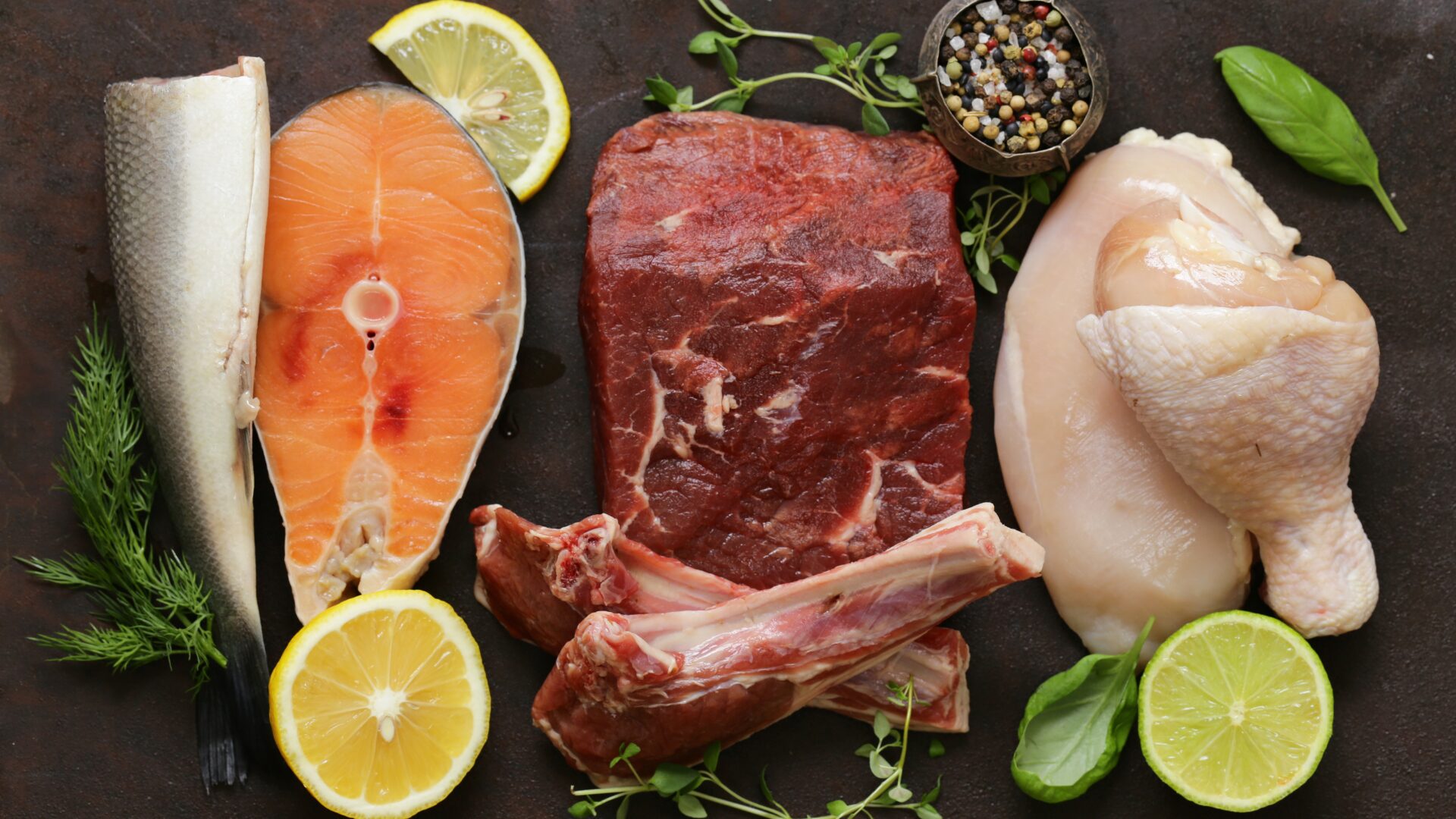For the folks at Impossible Foods and the alt-meat industry, 2023 is off to an interesting start.
On Jan. 22, three days after Bloomberg published a harsh critique of plant-based meat, Impossible Foods took out a full-page ad in The New York Times with a subsequent blog post. The company refuted claims that the alt-meat category was just another fading health-food fad.
Eight days later, Bloomberg was first to report Impossible Foods would lay off 20% of its employees.
Media quarrels aside, companies like Impossible Foods are indeed making the decision to downsize during this economic downturn. The company previously laid off about 6% of its staff in October 2022. That same month, rival Beyond Meat’s board of directors made plans to cut about 19% of its global workforce, according to the company’s regulatory filing.
Is this the beginning of the end for the alt-meat craze?
SIMPLE COURSE-CORRECTION?
After a grand entrance onto the meat-alternative stage with handfuls of promotions across restaurant franchises, plant-based ground “beef” and similar products are still struggling to win over the average carnivore. It’s no doubt an uphill battle for these companies, and whether or not they bounce back remains to be seen.
While the staff cuts are a bleak sign for the industry, it’s not an unsound economic response.
“Companies across all industries are taking proactive approaches to have leaner teams given the economic environment. It’s smart to get ahead of the curve and focus on efficiency,” Kristina Simmons, founder and CEO of Overwater Ventures, told The Food Institute. “In 2021, many companies had aggressive hiring plans, and that may have been too fast, and too soon. Companies are now course-correcting.”
Here’s a truncated list noting just a few of the countless major companies – across all industries – who have had layoffs since the start of 2022:
- Door Dash
- Meta (Facebook)
- Netflix
- Lyft
- 7-Eleven
- Shopify
- IBM
- Google (Alphabet)
- Microsoft
- Amazon
IMPOSSIBLE’S MARKETING CHALLENGES
Despite the negative news on jobs, Impossible Foods had a very solid year sales-wise in 2022. The company reported more than 50% dollar sales growth, touting a reputation as the nation’s “best-selling product by volume of any plant-based meat brand.”
In response to its ongoing marketing struggle, Impossible brought on industry veteran Sherene Jagla as its first-ever chief demand officer.
Simon Cutts is the senior director of retail partners at SPINS, a provider of in-store sales data. Cutts sees Impossible Foods’ situation as less of a “beginning of the end,” and more of an “end of the beginning.”
The plant-based meat category has seen different iterations of its products over time, and there’s more change to come, he noted.
As Cutts told The Food Institute, brands like Impossible and Beyond made up much of the “second wave” of plant-based beef, especially with the pandemic affecting meat supplies and consumers looking for healthier options. Before that, the market was dominated with frozen burger patty substitutes and dry mixes.
The next wave of these plant-based products, by all accounts, will be focused more on raising the quality while whittling away at the price.
INFLATION AN ALLY?
In a recent interview with TIME, Impossible Foods CEO Peter McGuinness emphasized how inflation is driving his company’s product to be more competitive with animal proteins. As the resources necessary for meat production continue to go up in cost, McGuinness is confident that plant-based alternatives will not only be more economical, but also more commonplace as the company continues to improve its product.
The challenge remains: how to market alt-meat to naysayers? As Cutts points out, the initial boom of folks wanting to trial plant-based meats has dissipated.
Now, the focus must shift to satisfying repeat customers and assuring skeptics that the product is nutritious.
“Be transparent,” Cutts said. “Shoppers are horrified by stories of lab-grown meat and worry about the presence of GMOs. Meat-alternative companies need to find a way to communicate what they’re producing for all to understand.”












